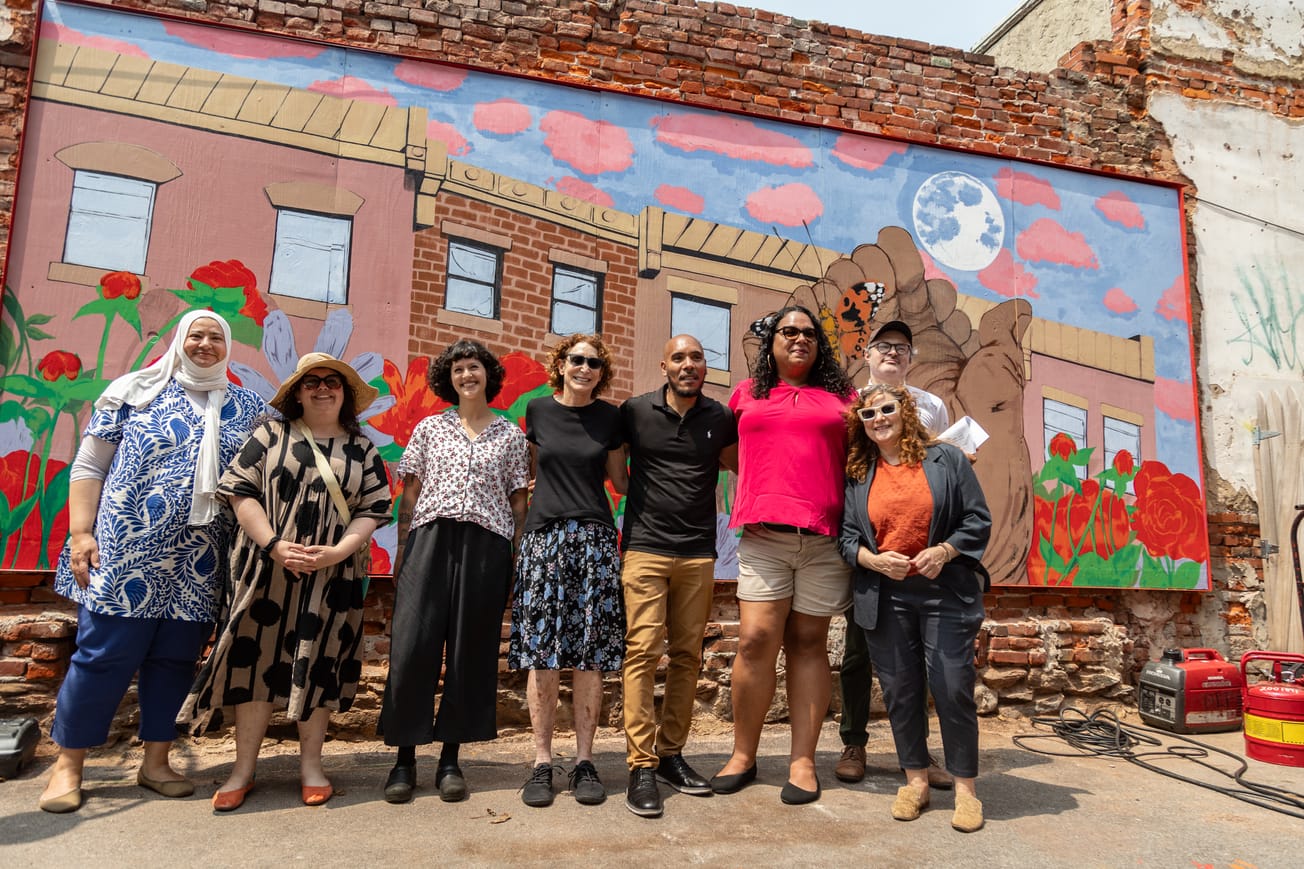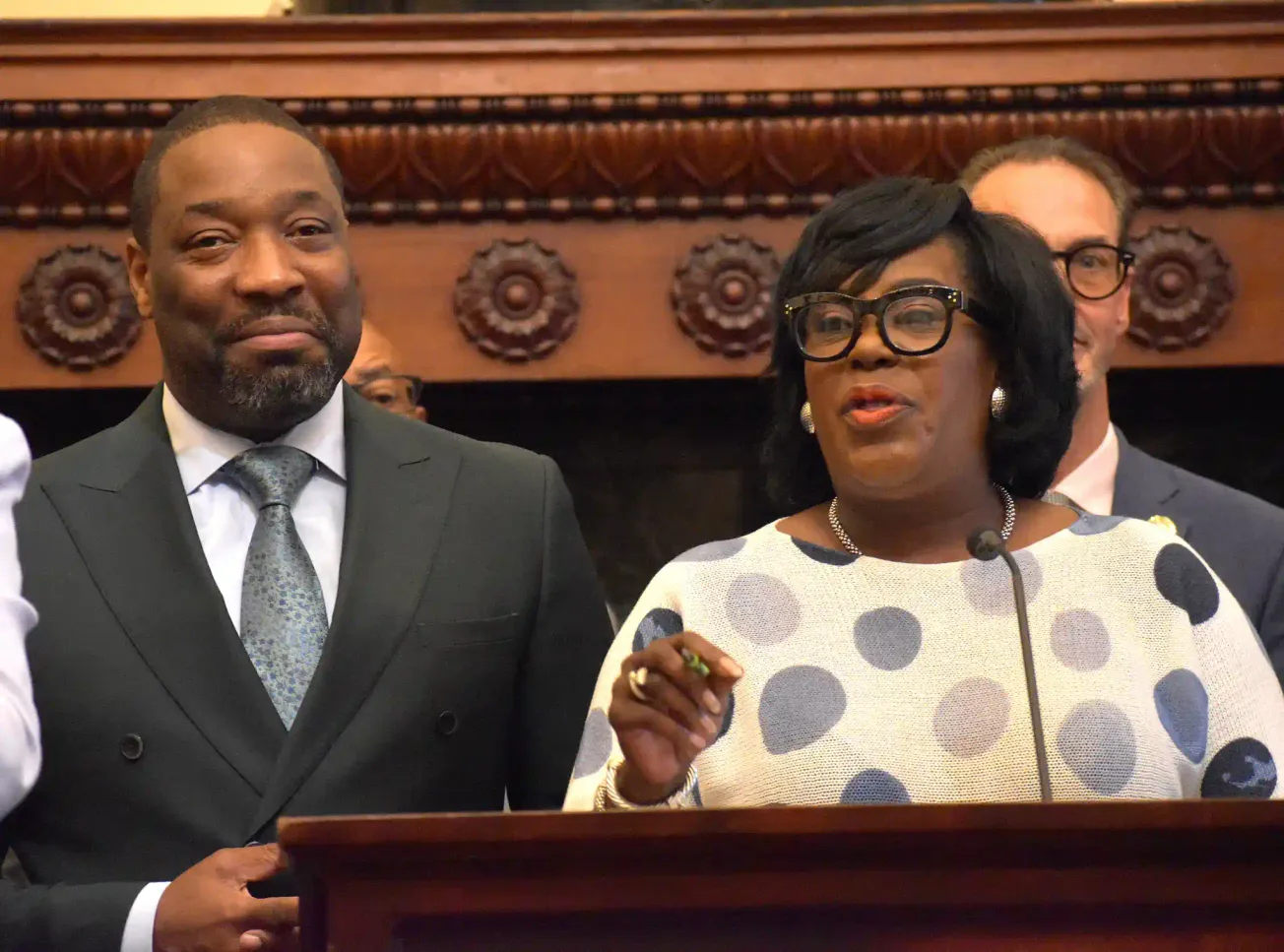Resources for non-English speakers
Here are some coronavirus resources for Philadelphians who speak another language besides English:
Esperanza Health Center
Esperanza Health Center, an organization that provides healthcare to the Latinx community in North Philadelphia, created a coronavirus information and resources page.
Greater Philadelphia Asian Social Service Center (GPASS)
GPASS, a culturally diverse agency in North Philadelphia, can answer coronavirus-related questions by phone at 215-456-1662. Translators are available, including for residents who speak Chinese, Korean, and Spanish, weekdays from 8:30-5:30 p.m.
National Alliance for Hispanic Health
The National Alliance for Hispanic Health, a science-based and community-driven organization, has coronavirus information on their home page with updates and resources, including their helpline at 1-866-783-2645.
School District of Philadelphia
Philadelphia public schools will be closed from March 16-27. The school district translated this announcement in several different languages.
SEAMAAC
Southeast Asian Mutual Assistance Associations Coalition (SEAMAAC), a South Philadelphia organization, serves immigrants, refugees, and other marginalized communities. SEAMAAC will have coronavirus information on their social media and website in Bhutanese, Chinese, Khmer, Lao, and Vietnamese.
As the City of Philadelphia works to inform the public about coronavirus developments, a language barrier with non-English speakers is a concern for community organizations that serve those populations.
In the city, nearly 25% of residents speak a language other than English. The three most common non-English languages are Spanish, Chinese, and Vietnamese, and English proficiency varies.
According to Will González, the executive director of Ceiba, he and the directors from eight other Latino community organizations in Philadelphia sent a letter to city officials Monday afternoon expressing concern over the lack of Spanish communication about coronavirus.
The letter states: “To this date, the city has provided some notices in Spanish. However, we know that the city can do more, as it has capable and reputable Spanish-speaking individuals in its ranks.”
In the letter, the directors requested that the city provide an official Spanish-speaking spokesperson for coronavirus information. They also asked city officials to act promptly and offered to amplify information through their channels.
“A chain is only as strong as its weakest link,” said González in an interview. “It’s important that people who are limited English proficient have information in their language so that they can be part of the effort in this health crisis.”
The Spanish-speaking spokesperson should participate in the city’s daily 1 p.m. coronavirus news conferences and be available to Spanish language media across the city, González added.
According to James Garrow, the director of communications for the Department of Public Health, the city is prioritizing translating information into other languages. However, the pace at which information is changing has been a challenge, Garrow said.
“The problem with this particular situation is that as we learn more about the disease and the recommended actions, our guidance changes and things need to be retranslated,” Garrow wrote in an email on March 13.
According to Garrow, the health department’s coronavirus materials have already been translated into Spanish and simplified Chinese. Those translations have been shared with a network of more than 100 community organizations across the city, he said.
But some organizations, like Congreso de Latinos Unidos in Fairhill, have not received those translations, according to External Affairs Director Julia Rivera. A majority of Fairhill residents are Hispanic or Latino.
Rivera said that it’s important for everyone to be on the same page about coronavirus, especially because things are rapidly evolving.
“The city’s a trusted resource and messenger,” Rivera said. “Making sure that everybody has access to critical information is important to ensuring that everybody in the community is on the same page and is aware.”
As of March 16, the Greater Philadelphia Coronavirus Helpline was only available in English. The Office of Emergency Management’s text alerts sent out its first update in Spanish on Monday.
Charito Morales, the community organizer at Providence Center, said she hasn’t received Spanish-language coronavirus information from the city either.
On Saturday, Morales was on a conference call with the health department and other community organization leaders from across the city, she said. During the call, she expressed concern that the coronavirus information hadn’t been translated and also urged the city to lower the formality of their English when they address the public.
“The [city is] giving us all this English information and then we have to translate everything in Spanish,” Morales said. “They want us to use social media, our emails, and our nonprofit organizations to reach out to the Latino community and let them know, ‘Hey, listen, this is serious. You have to do this. You have to do that, and this is where your resources are at.’”
Grassroots organization Philly Boricuas, which serves the city’s Puerto Rican population, created a public Facebook group called Coronavirus Recursos para la Comunidad, where they could share coronavirus resources in Spanish. Morales is also a member of Philly Boricuas.
According to Vanessa Maria Graber, an organizer for Philly Boricuas, she got the idea for the Facebook group after seeing other groups for communities negatively impacted by coronavirus, such as people living in poverty or losing work.
“The idea is to get people who work in community-based organizations, who work for the city, or people who are elected officials to be able to post any resources that they have that is in Spanish so that it can be found in one place,” Graber said.
On Sunday, Graber received an email in Spanish from the Mayor’s Office, which was posted on the Facebook group. It was the first piece of Spanish-language coronavirus information she received from the city.
“It does have a bunch of announcements,” Graber said. “But this has been unfolding over the last week and a half or so. And like I said, that’s the first communication that I’ve seen. I haven’t gotten a single email from anywhere that’s been in Spanish.”
Kensington Voice is one of more than 20 news organizations producing Broke in Philly, a collaborative reporting project on economic mobility. Read more at brokeinphilly.org or follow on Twitter at @BrokeInPhilly.
Editor: Jillian Bauer-Reese / Story Designer: Jillian Bauer-Reese / Translator: Diana Cristancho






